
Wilfredo Rojas, an agent of change for social justice in Philadelphia, has died at 73
The Puerto Rican activist championed the first Puerto Rican-born electoral district in Philadelphia and dedicated his life to defending vulnerable communities.
Wilfredo P. Rojas, an activist and civil rights defender, passed away on April 5, 2025, at the age of 73. His death generated numerous outpourings of recognition from family, friends, and community members in Philadelphia and New Jersey, where for decades he worked for the rights of immigrant communities and people in vulnerable situations.
Known as "Will," Rojas was born on February 14, 1952. From a young age, he became involved in activism, first as a member of the Young Lords in Philadelphia and later in the Puerto Rican Independence Party. "From a very young age," recalls Nayda Cintrón, his ex-wife and fellow activist, "he was a community organizer defending the rights of Puerto Ricans here in the city."
Patricia L. De Carlo, who knew him in her youth, describes him as "a leading voice in his class." De Carlo emphasized that, unlike other young people his age, Rojas was ahead of his time in social awareness: "At that age, most people don't think about freedom or having an opinion about what's happening in the country, but Wilfredo did."
His personal experience with racism shaped his path. As a child at St. Peter the Apostle Catholic School, Rojas and his classmates faced discrimination. "We were among the first Latino children to attend school, and the nuns would spit in your face and call you 'spic,'" Rojas recounted years ago in an interview with Al Día News. At 14, he organized his first protest with other students.
His efforts weren't just about organizing protests. They left their mark on the institutional transformation of his city and state. Rojas participated in the creation of the first Puerto Rican-majority electoral district in Pennsylvania, Philadelphia's District 180. This achievement was the result of a lawsuit that consolidated the Latino vote into a single district. "They took away the ability of a Hispanic community to elect a member of their own race when these divisions were made," explained Nayda Cintrón.
His activism also included campaigns to free unjustly accused individuals, such as that of a young Hispanic man named González in 1982. He also founded the Norris Square Civic Association and participated in the creation of the Puerto Rican Alliance, always prioritizing strengthening community representation and rights.
RELATED CONTENT
Rojas ran unsuccessfully for state representative for the 180th district in 1984 and 1986. He supported key campaigns such as that of Wilson Goode, Philadelphia's first African-American mayor.
For more than two decades, she worked in the Philadelphia prison system, where she created the Office of Community Justice and Outreach. According to Patricia L. De Carlo, in that position, she promoted significant changes in prison services, with the goal of providing inmates with access to rehabilitation and training opportunities.
Her commitment continued after moving to New Jersey, where she facilitated the recruitment of African-American officers into her local police and fire departments and played an active role in the Gloucester County NAACP in New Jersey.
Personal tragedy also shaped her activism. After the murder of her son, Alejandro Rojas García, in 2015, she fought for justice. "They fought hard to ensure justice was served in Alexandrito's death," recalled Nayda Cintrón. The perpetrator was sentenced to life in prison without parole.
When asked how he would describe Wilfredo Rojas, Cintrón defined him as "an agent of social change and social justice for those who are most vulnerable or incapacitated by the political system."
He is survived by his wife, Carmen Herrera, a psychologist with the School District of Philadelphia; his children, as well as nine grandchildren and nine great-grandchildren.
Funeral services will be held on Thursday, April 10, at St. Peter's Church on Fifth Street in Philadelphia. Visitation will be from 9:00 a.m. to 11:00 a.m., followed by Mass from 11:00 a.m. to noon.



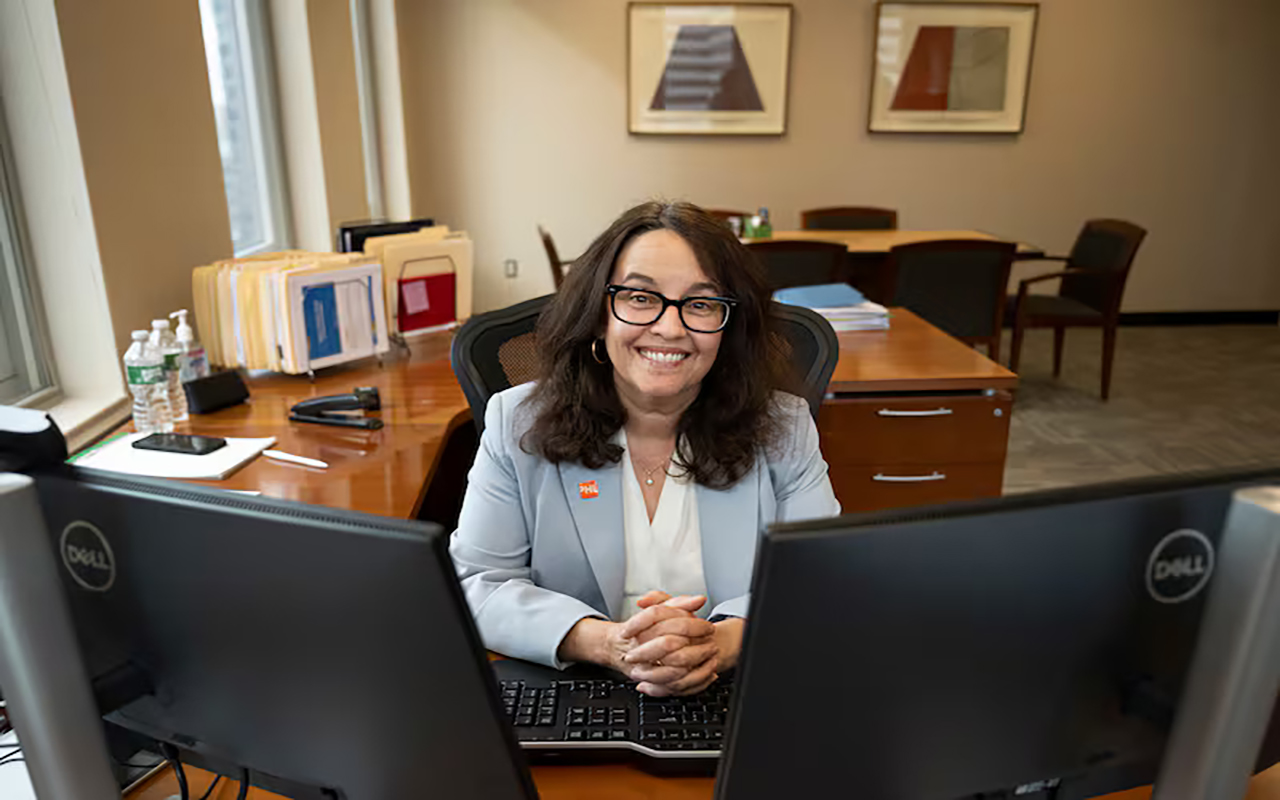

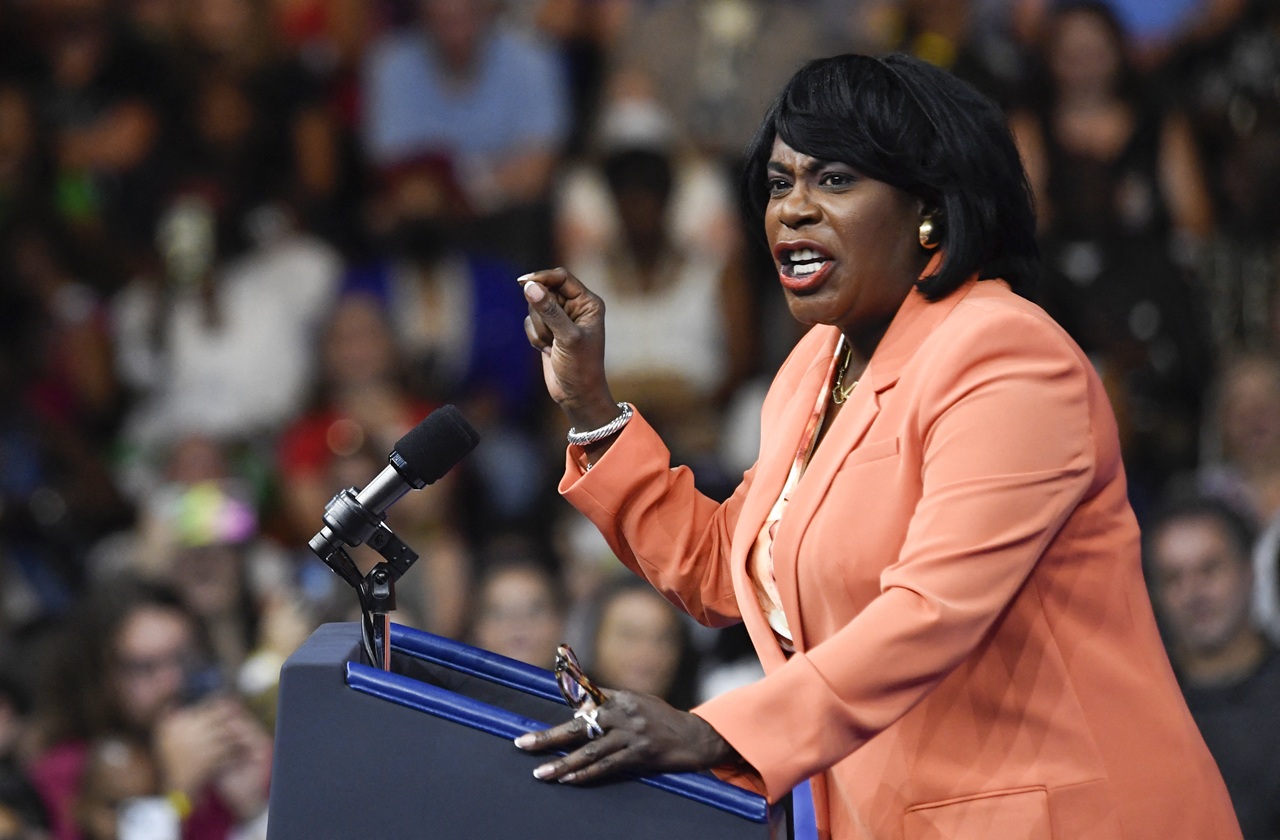

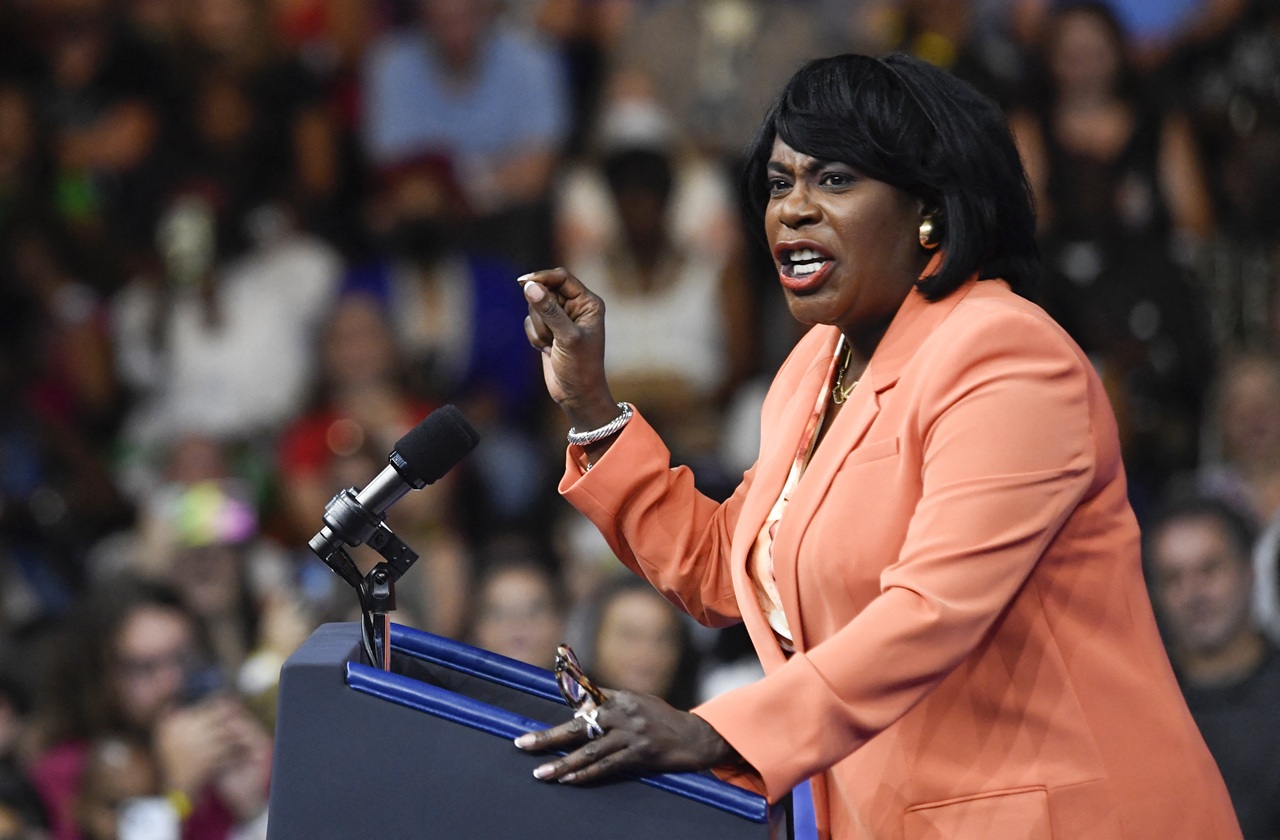

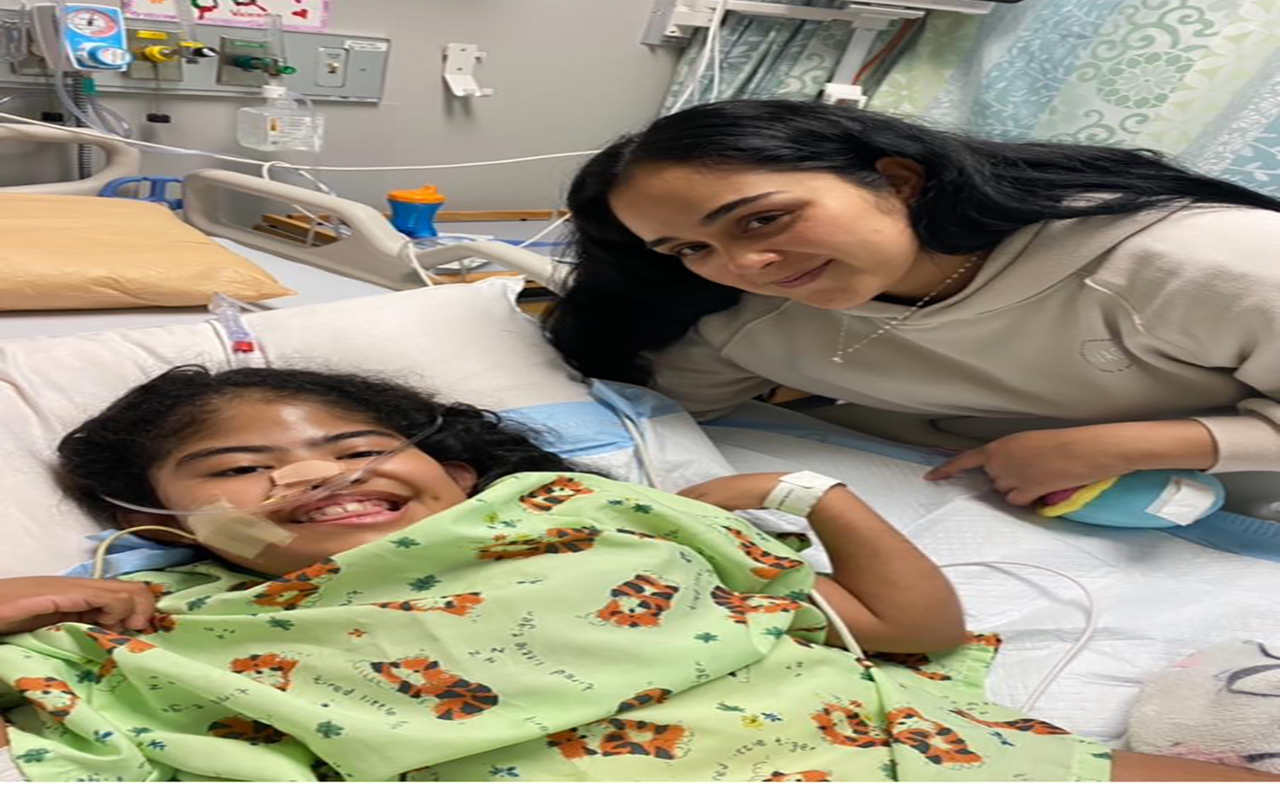
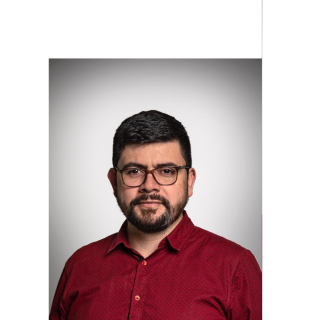
LEAVE A COMMENT: